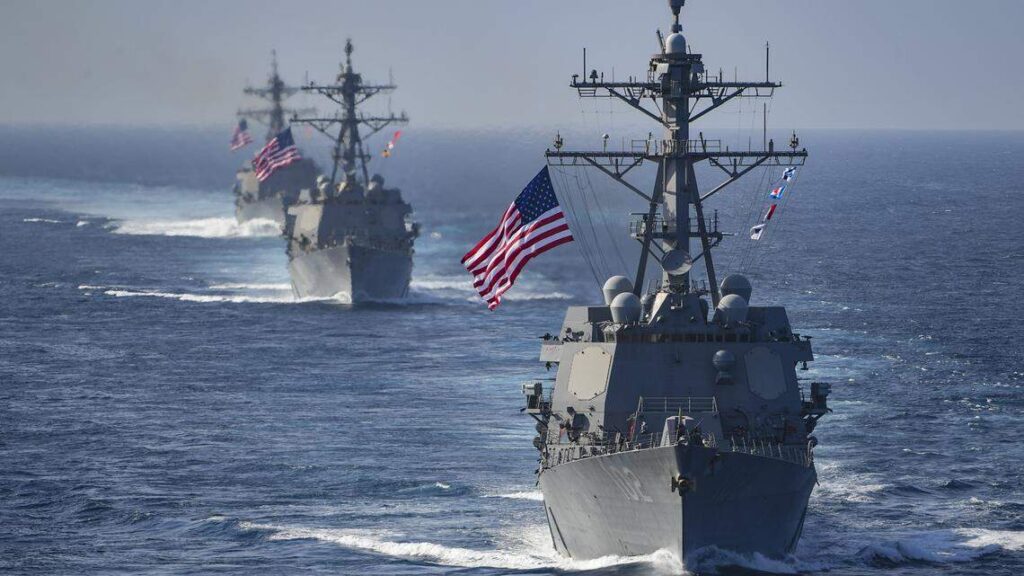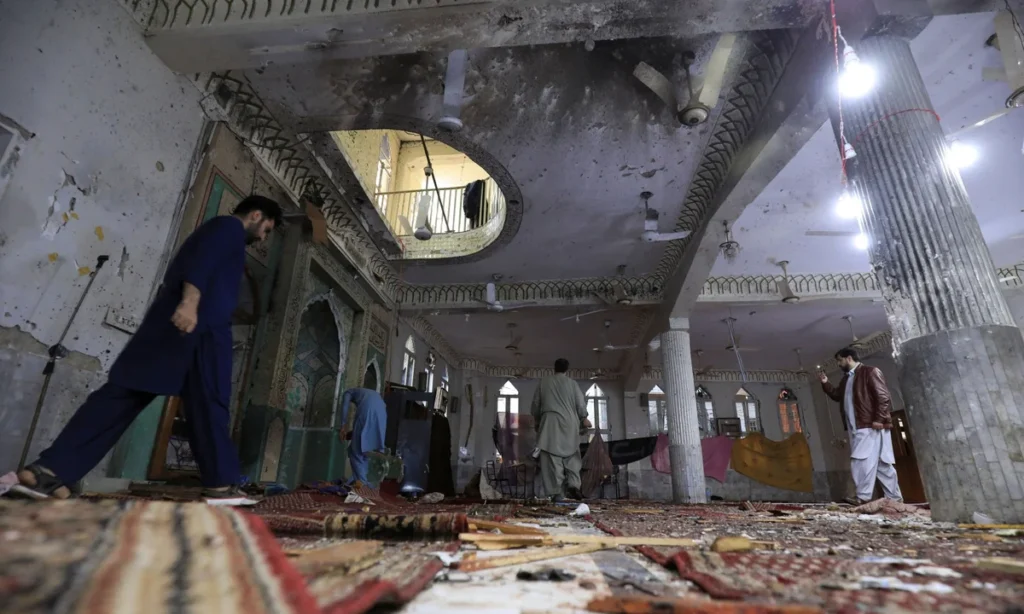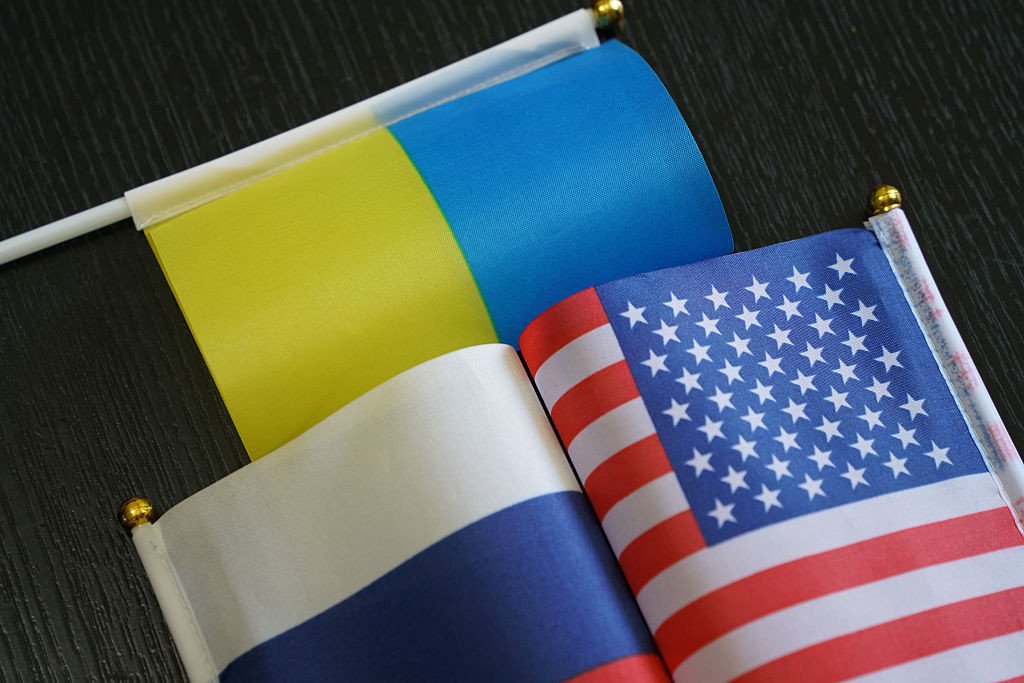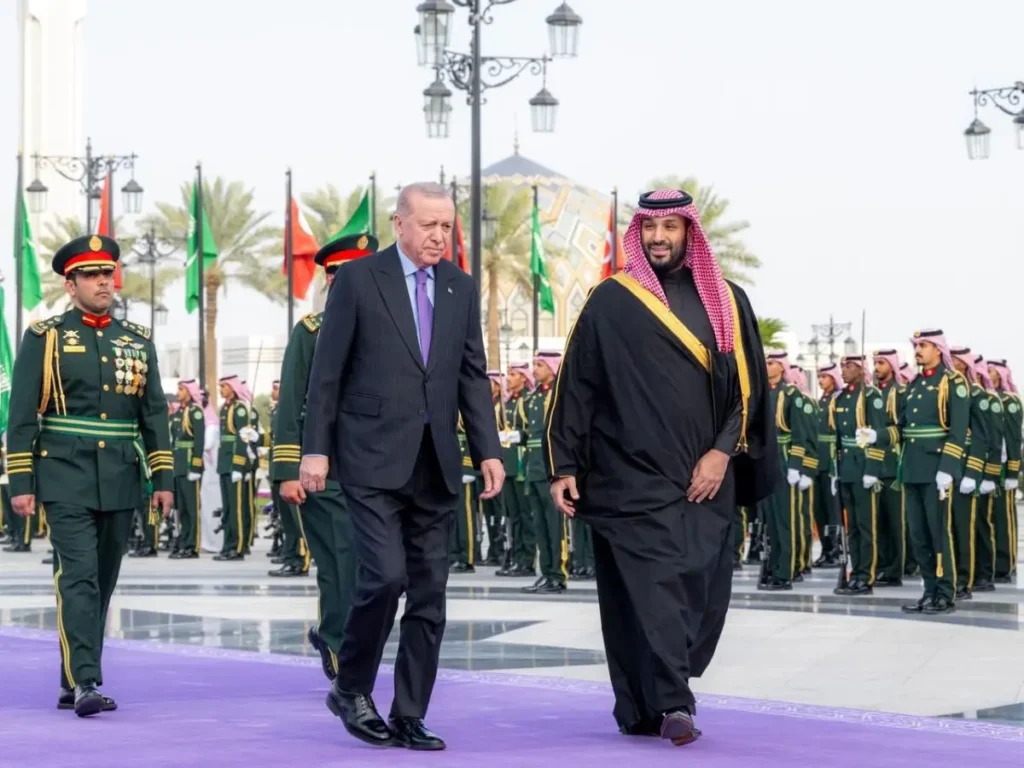
Istanbul/Washington, Aug 25, 2025 — The United States is sending three Arleigh Burke–class destroyers toward waters off Venezuela in a bid to disrupt regional drug networks, U.S. officials say, sharpening a standoff with President Nicolás Maduro. The USS Gravely (DDG-107), USS Jason Dunham (DDG-109) and USS Sampson (DDG-102) are slated to arrive on station off Venezuela, part of a larger Southern Command package expected to remain in international waters. Reuters and affiliated outlets reported the movements last week.
Signaling the timeline, defense commentator Ian Ellis wrote on X that “three destroyers will reportedly arrive off the coast of Venezuela within 24 hours,” noting Gravely and Jason Dunham departed Mayport with a third to follow.
The Pentagon frames the mission as maritime surveillance and interdiction, with additional assets—P-8 patrol aircraft, an attack submarine and amphibious shipping—available to support. Analysts say fielding Aegis destroyers telegraphs both air-defense and long-range precision-strike capacity even if near-term tasks stay focused on ISR and counternarcotics.
Caracas has condemned the deployment as a sovereignty threat and urged mass participation in the Bolivarian militia. State media and officials claim roughly 4–4.5 million sign-ups or renewals, while authorities pushed “defense of borders” messaging as the U.S. ships moved into the Caribbean. Independent reporting shows civilians queueing at militia posts amid the rhetoric.
Washington’s pressure campaign also revived long-standing trafficking allegations against senior Venezuelan figures. The “Cartel de los Soles” is a label U.S. officials use for a loose network of security and political elites allegedly tied to cocaine smuggling—the name comes from the sun insignia worn by National Guard generals. In March 2020, U.S. prosecutors charged Maduro and other officials with narco-terrorism, alleging collaboration with the FARC to “flood” the United States—claims Caracas rejects. On Aug. 7, 2025, the State Department raised its reward offer to up to $50 million for information leading to Maduro’s arrest or conviction. Analysts caution the term describes disparate, state-linked actors rather than a single, centralized cartel.
The posture revives a familiar security dilemma in the Caribbean basin. U.S. officials argue a forward naval presence helps choke cartel logistics and deter hostile actors; Venezuelan authorities cast it as a pretext for regime change that risks miscalculation at sea. With forces already converging, any aerial or maritime intercept that bumps the edge of Venezuela’s territorial waters could become the next flashpoint.



